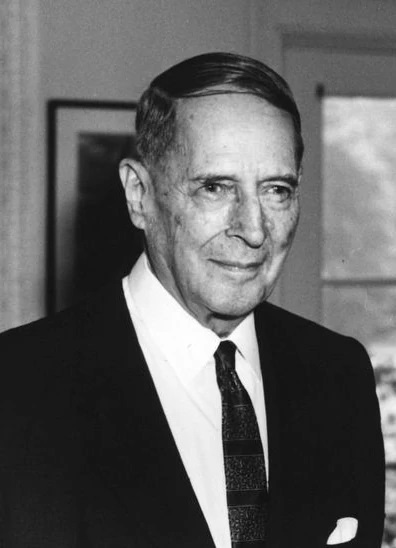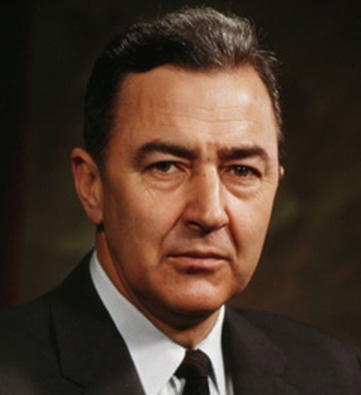X-NET LOGIN DETECTED WELCOME TO THE MXC
Q: What is this mod?
A: The basic premise is that Hubert Humphrey, Mayor of Minneapolis, catches the flu and is absent from the 1948 Democratic Convention, and is unable to give his famous speech in favor of the civil rights plank, which then fails. This puts American history on a more conservative course. MacArthur's apparent victory in Korea leads to overconfidence among the American foreign policy elite, which backfires horribly in an expanded Vietnam War. The lack of meaningful domestic reform and cutbacks on the New Deal combined with this led to heightened tensions, political polarization, and extremism throughout the following decades, coming to a dramatic head in the spring of 1969.
Q: Why is the map just US states? Wouldn't a civil war be more chaotic?
A: The civil war has yet to begin in earnest by game start, and instead the instability is represented by the increased autonomy of state governments under the Goldwater administration. This allows us to deal in greater detail with local politics, and take a more granular approach to the civil war. Only some of the state governments playable at the game start will continue to be represented as independent tags over the course of the game, and borders will shift drastically.
The President's of the United States of America before the Second Civil War
- Thomas Dewey (1949-1953)
 Dewey’s moderately liberal policies, seemed at the time to many as the Republican Party finally accepting the New Deal, however, his laissez-faire policy toward the military, would lead to MacArthur deploying Nuclear Weapons in Korea, his failure to control MacArthur was seen by many as a signal of weak administration, and his attempt at formenting a cease fire with the North in the aftermath was not recieved well in more hawkish sectors of the populance.
Dewey’s moderately liberal policies, seemed at the time to many as the Republican Party finally accepting the New Deal, however, his laissez-faire policy toward the military, would lead to MacArthur deploying Nuclear Weapons in Korea, his failure to control MacArthur was seen by many as a signal of weak administration, and his attempt at formenting a cease fire with the North in the aftermath was not recieved well in more hawkish sectors of the populance. - Douglas MacArthur (1953-1957)
 Alightned with Joseph McCarthy, continued the Korean War, after the death of his Vice President Taft he left the domestic policy mostly to his cabinet. Neglectful in enforce Supreme Court’s Brown vs. Board decision.
Alightned with Joseph McCarthy, continued the Korean War, after the death of his Vice President Taft he left the domestic policy mostly to his cabinet. Neglectful in enforce Supreme Court’s Brown vs. Board decision. - Richard Russell Jr. (1957-1963)
 Dixiecrat, lax policy towards the KKK, radicalization of the civil rights movement, refused to enforce Brown vs. Board. Opportunistic opposition to McCarthyism, with many laws proposed by McCarthy not repealed. During his term the Progressive Party grew in power, as many northern democrats bolt to the party. Hurt by corruption scandals, as well as economic woes.
Dixiecrat, lax policy towards the KKK, radicalization of the civil rights movement, refused to enforce Brown vs. Board. Opportunistic opposition to McCarthyism, with many laws proposed by McCarthy not repealed. During his term the Progressive Party grew in power, as many northern democrats bolt to the party. Hurt by corruption scandals, as well as economic woes. - Barry Goldwater (1963-1969)
 Initially seen as socially more moderate than Russell, especially with the nomination of Gerald Ford as his VP. Campaign's against unions, in his second term passed a weak civil rights act seen by many in the far-right such as the John Birch Society, as well as his southern supporters as a betrayal of his promises to preserve "state's rights", leading to an attempted assassination by a Neo-Nazi against him. Increasing polarization as well as the radicalization of the populace, and lack of control over the FBI, CIA, and Military, bolstered by a Hawkish foreign policy. Increasing commitment to the Vietnam war, promising to send 206,000 troops to Vietnam by the end of 1969, planning on mobilizing the national guard and increasing draft calls, causing widespread protest, bolstered by the economic crisis affecting the nation.
Initially seen as socially more moderate than Russell, especially with the nomination of Gerald Ford as his VP. Campaign's against unions, in his second term passed a weak civil rights act seen by many in the far-right such as the John Birch Society, as well as his southern supporters as a betrayal of his promises to preserve "state's rights", leading to an attempted assassination by a Neo-Nazi against him. Increasing polarization as well as the radicalization of the populace, and lack of control over the FBI, CIA, and Military, bolstered by a Hawkish foreign policy. Increasing commitment to the Vietnam war, promising to send 206,000 troops to Vietnam by the end of 1969, planning on mobilizing the national guard and increasing draft calls, causing widespread protest, bolstered by the economic crisis affecting the nation. - Eugene McCarthy (1969-1969)
 From the Anti-War Wing of the Progressive Party, assassinated shortly after inauguration leading to many conspiracy theories, over the nature of his assassination. Replaced by his Vice President Phillip Hart. Phillip Hart would resign shortly after under mysterious circumstances, and the government would relocate to Denver Amidst riots all over the nation over the murder of MLK and Hart's voluntary exile into Canada, in the lead-up to the start of the civil war.
From the Anti-War Wing of the Progressive Party, assassinated shortly after inauguration leading to many conspiracy theories, over the nature of his assassination. Replaced by his Vice President Phillip Hart. Phillip Hart would resign shortly after under mysterious circumstances, and the government would relocate to Denver Amidst riots all over the nation over the murder of MLK and Hart's voluntary exile into Canada, in the lead-up to the start of the civil war.